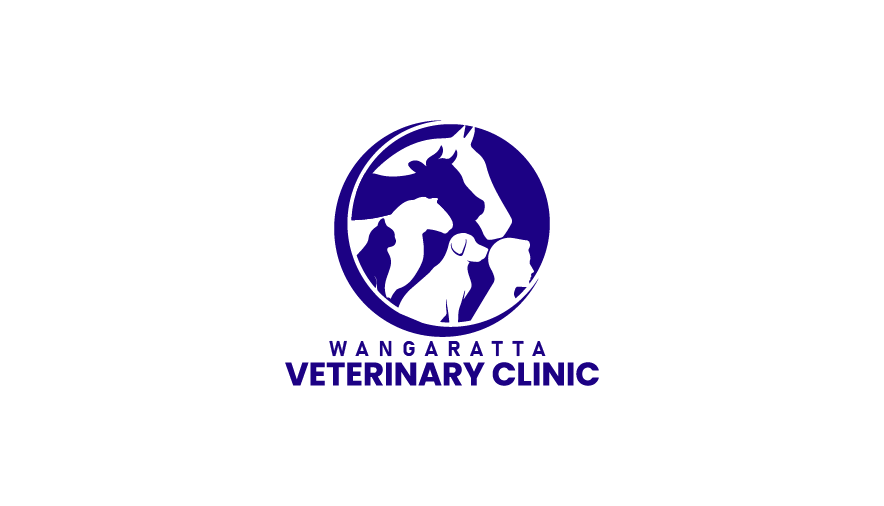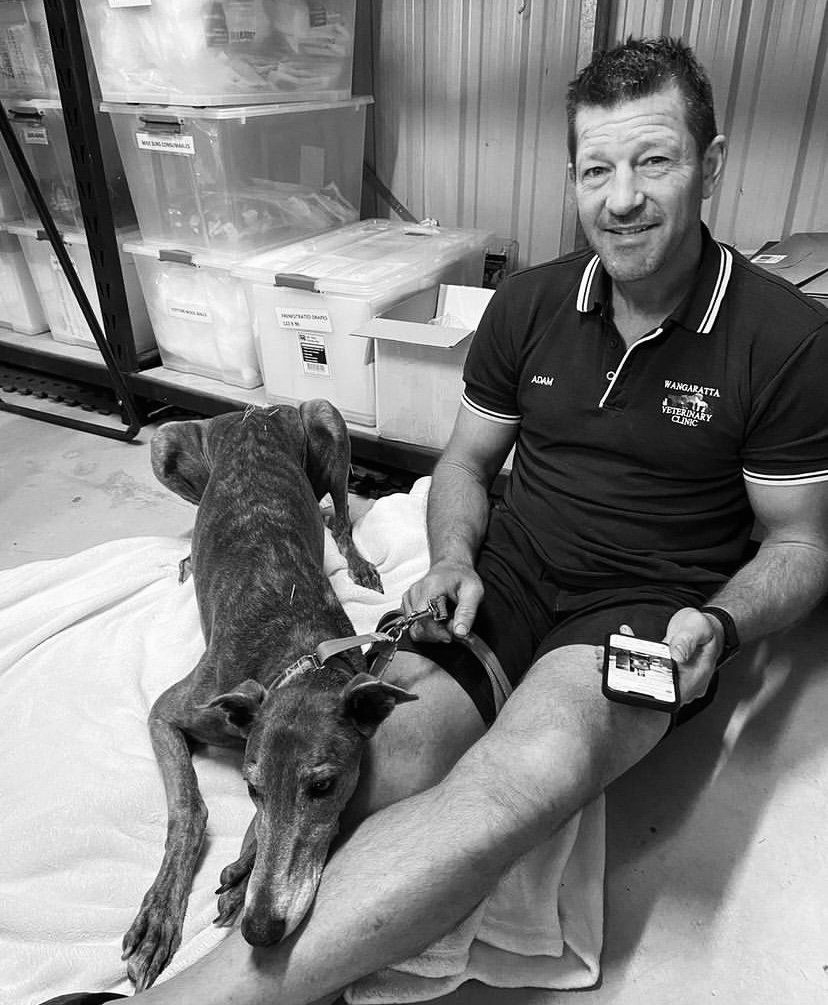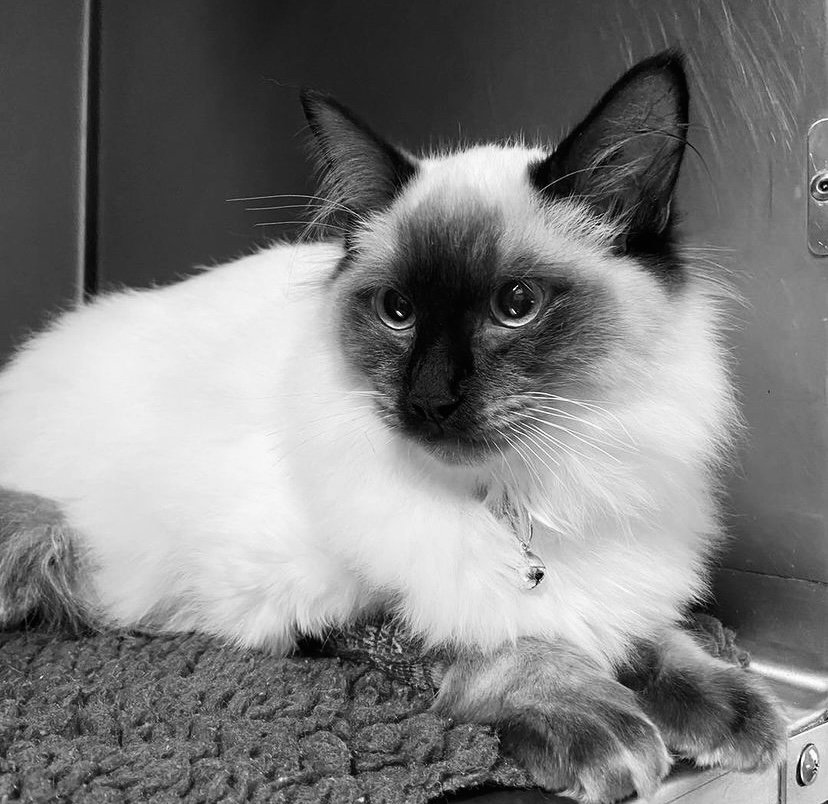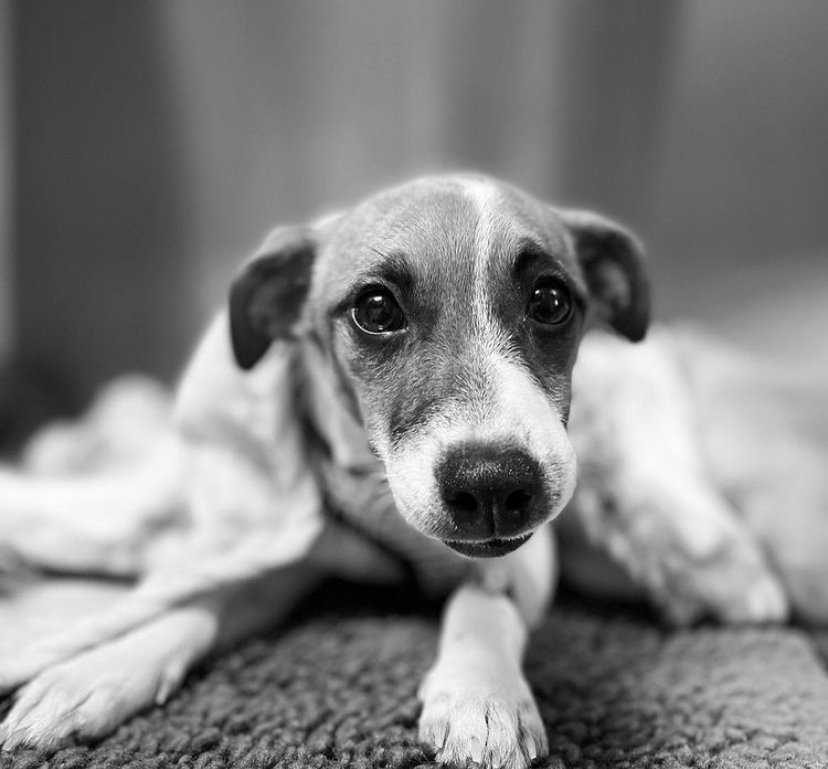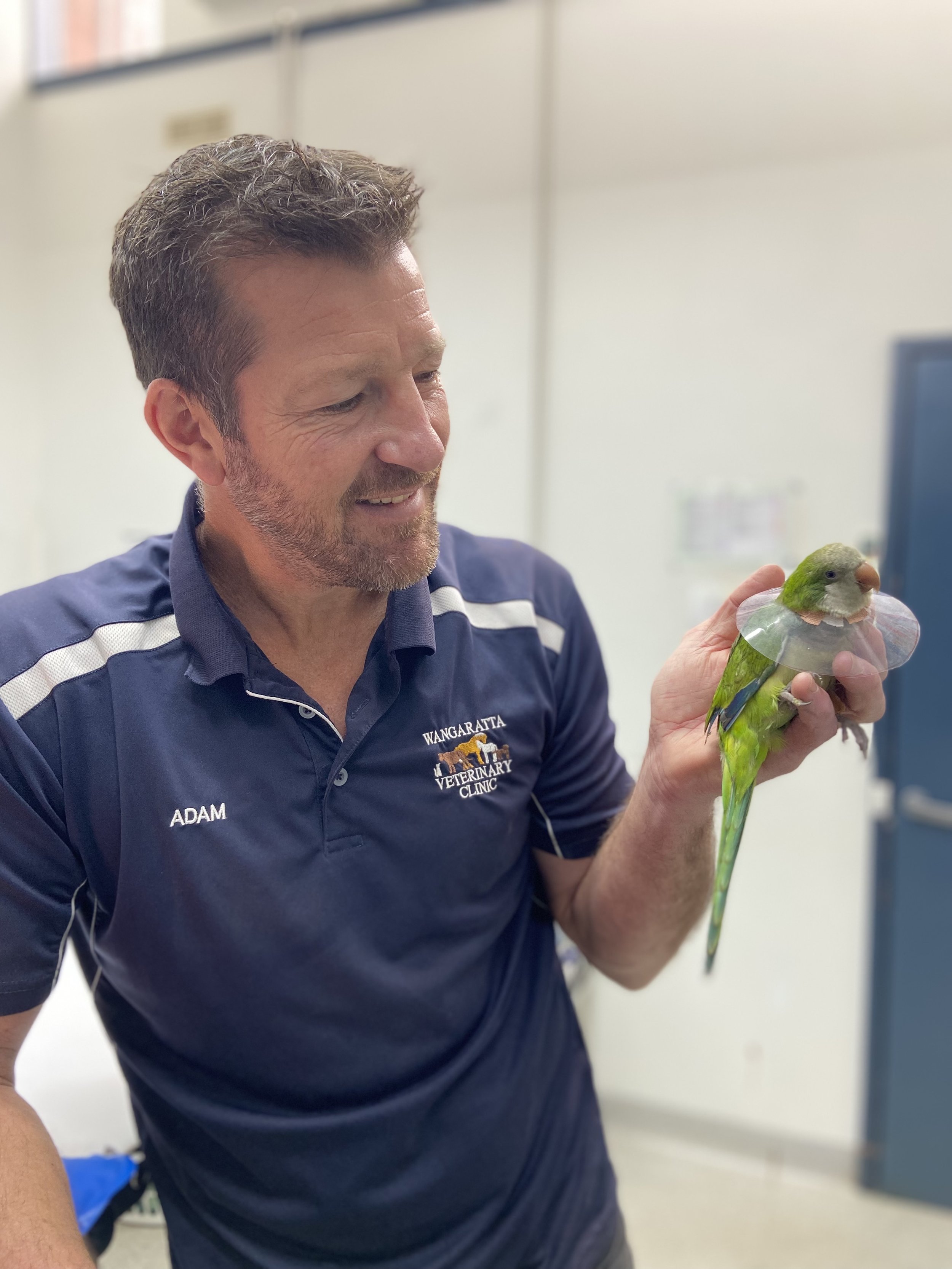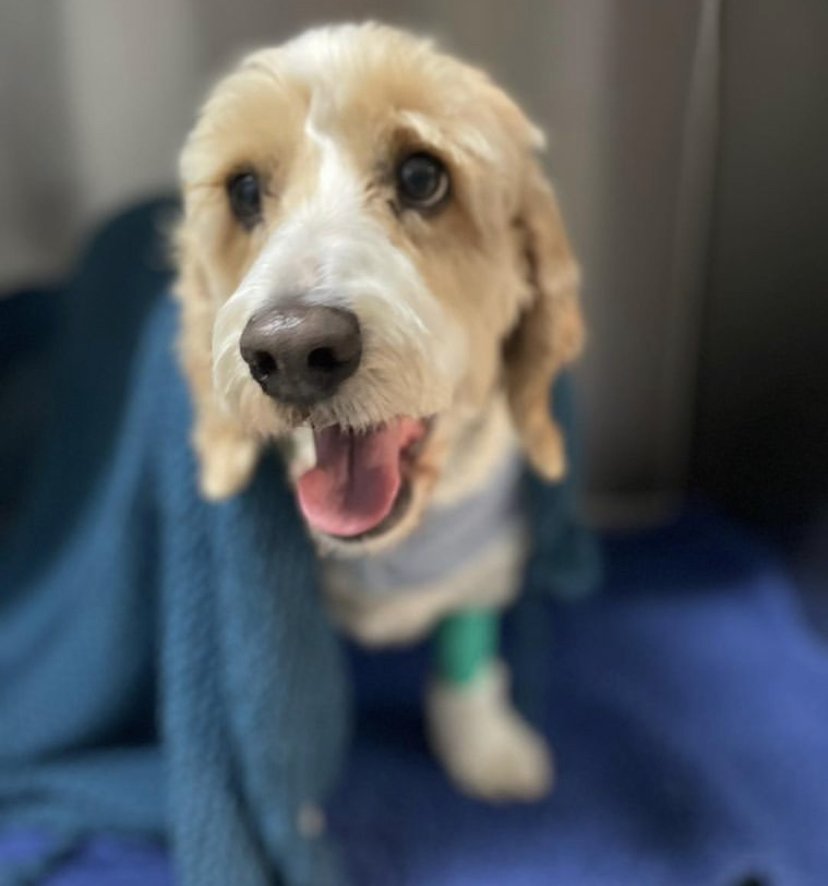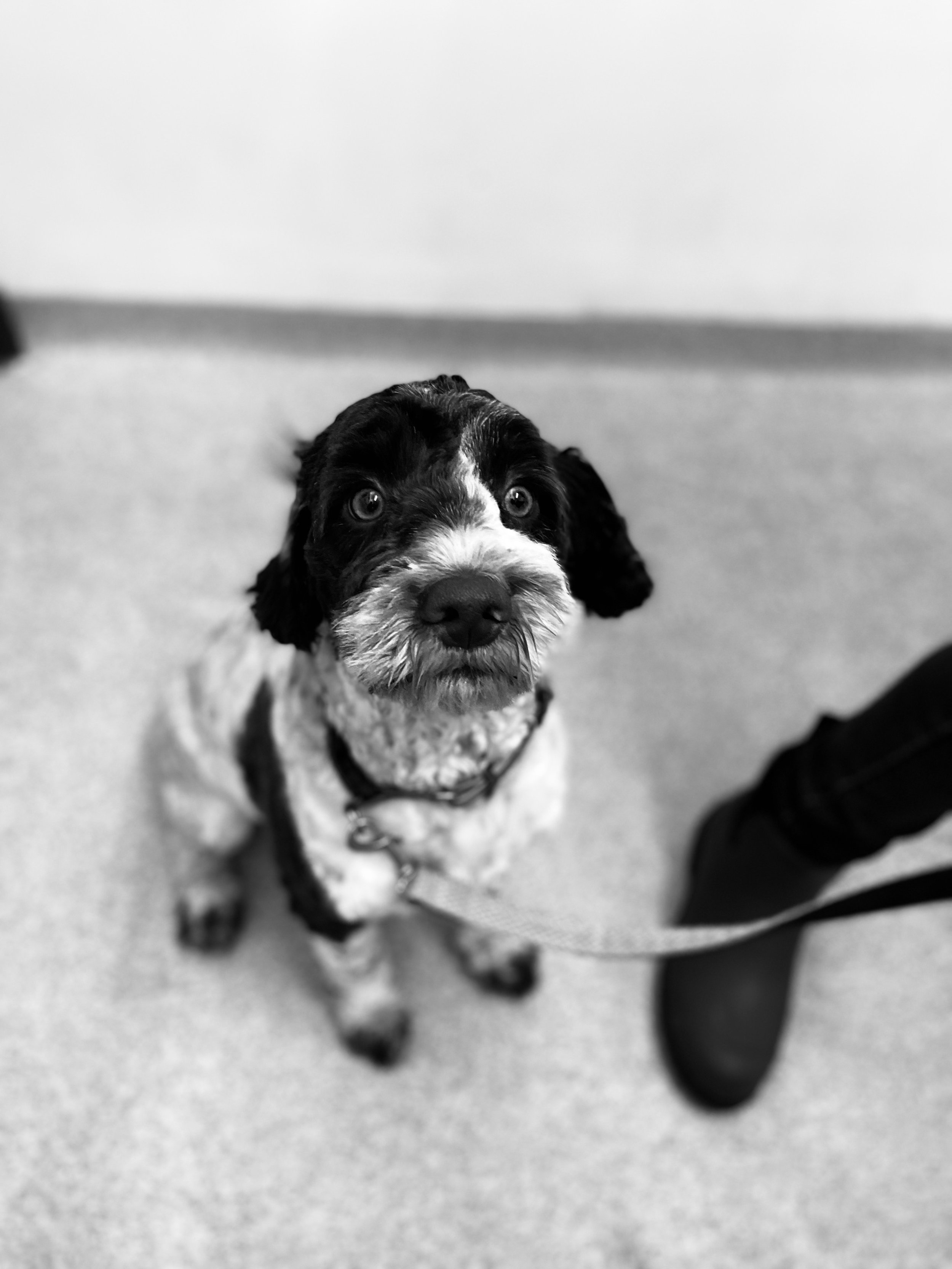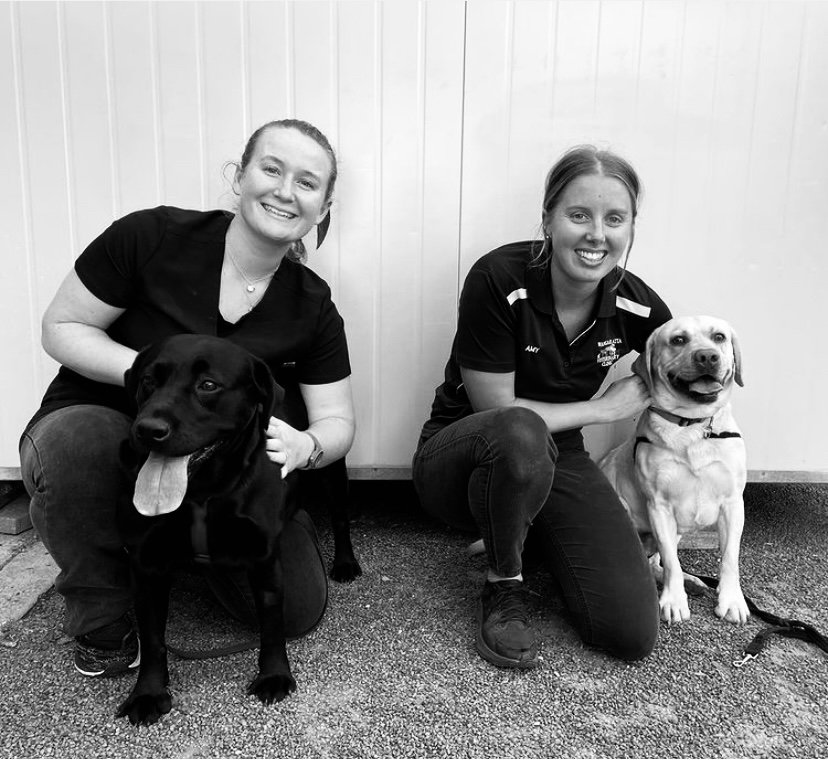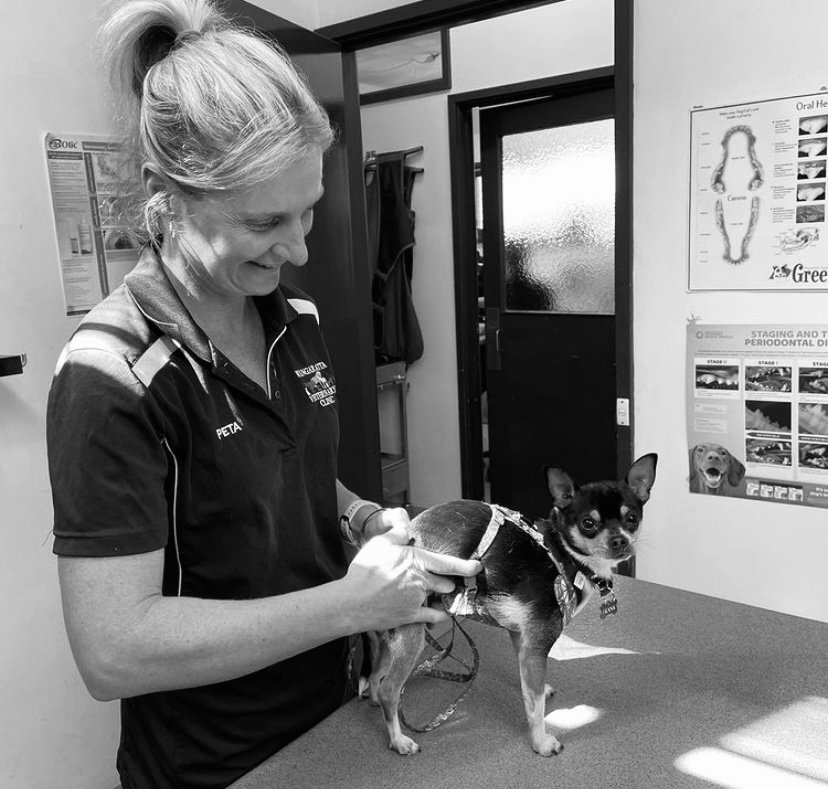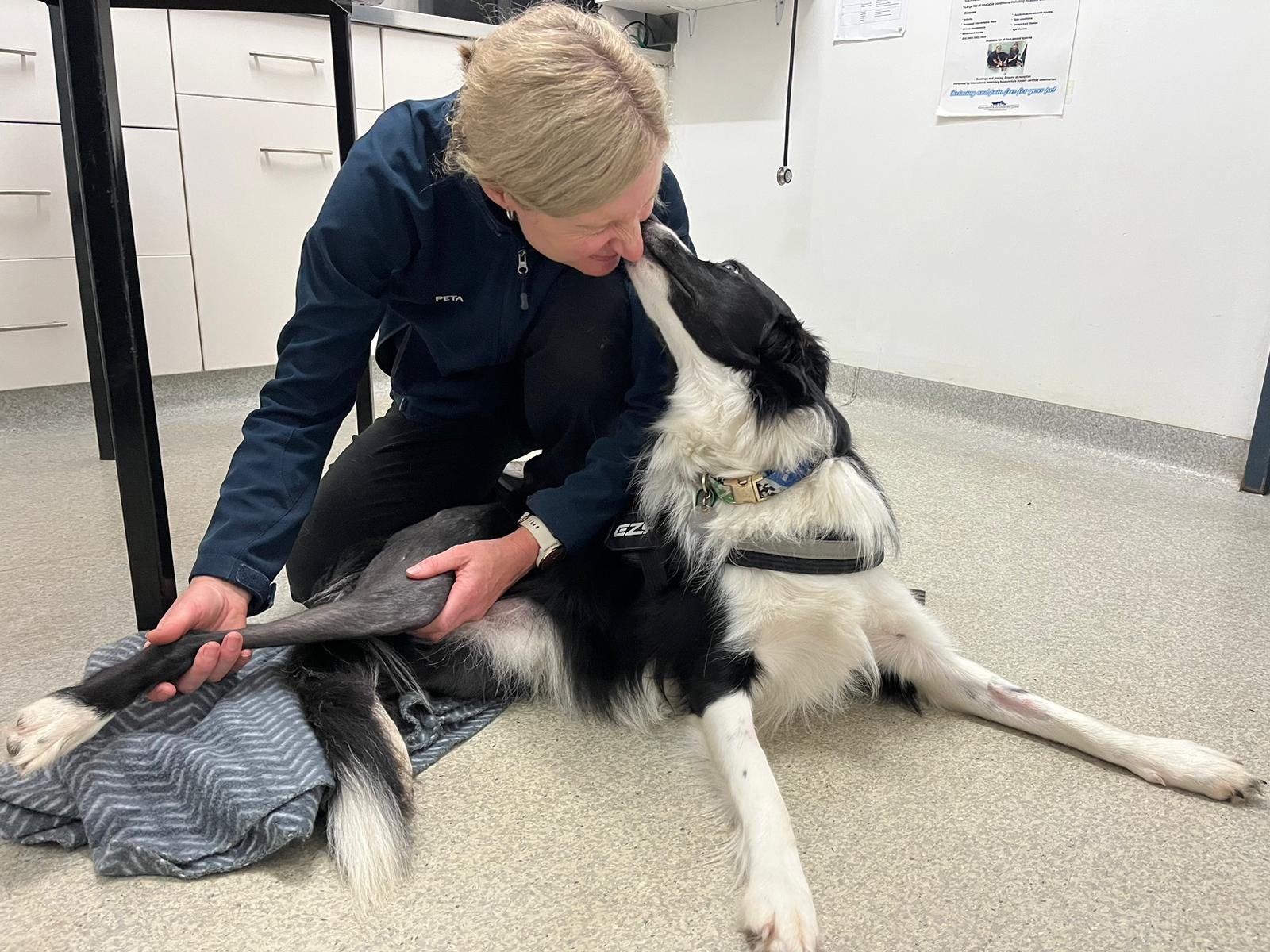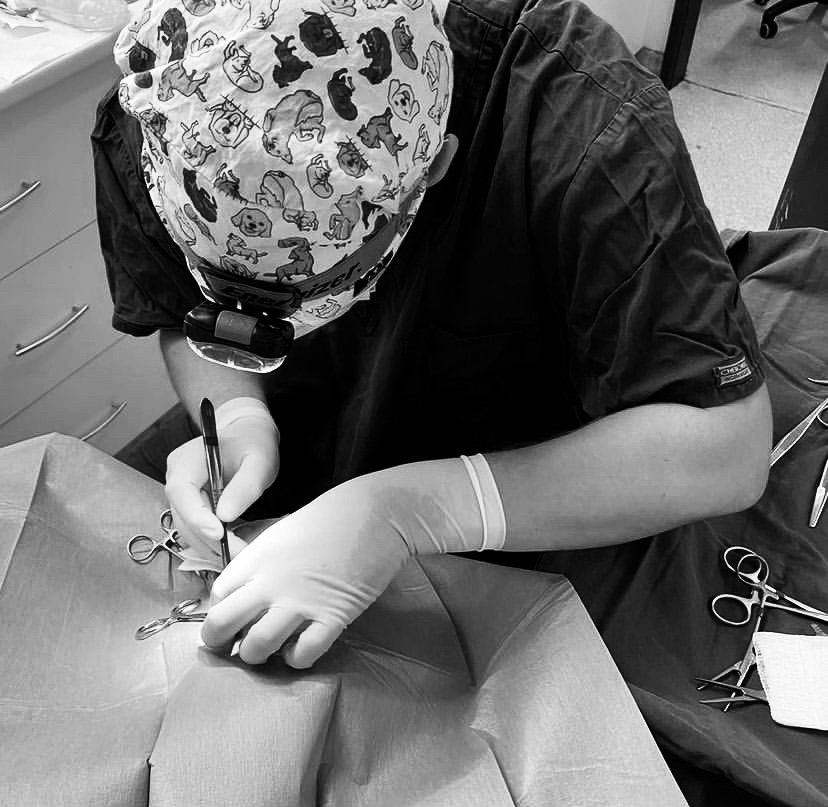Small Animal Services
Our small animal services include:
Medicine
Surgery (soft tissue and orthopaedic)
Diagnostics
Obstetrics
Acupuncture
Physiotherapy
Puppy Preschool
Dentistry
Clipping/grooming (if sedation is necessary)
Home visits (in special circumstances)
In house diagnostics include:
Blood testing (biochemistry, haematology) for small and large animals
Vetstat Electrolyte Blood Gas Analyser
Urine testing (Sedivue Dx Urine Sediment Analyser, VetLab UA Analyser)
Progesterone testing
Endoscopy
Digital radiography (X-ray) and digital dental radiography
Ultrasound
Echocardiogram
Brachycephalic Obstructive Airway Syndrome (BOAS)
The term 'brachycephalic' essentially means ''short head'' and refers to those dogs with flat faces such as Pugs, Bulldogs and Boxers, etc. Due to their flattened noses and shortened skulls, these dogs often have problems with their airway and as owners of these dogs, it is important to be aware of their specific needs.
These patients will often display a number of the following symptoms:
- Snoring
- Exercise Intolerance
- Excessive Panting
- Loud or difficulty breathing
- Intolerance to heat
- Trouble sleeping (apnoea)
- Digestive problems, such as regurgitation and/or vomiting.
These symptoms are due to 3 main problems in their airways (which often require surgery to correct):
Stenotic nares: This is the narrowed nostrils you may notice in these breeds – often the nostrils will only have slit-like openings, making breathing much more difficult. Dogs with stenotic nares require surgery to widen the openings to allow easier breathing. This can be done from 5 months of age.
Elongated soft palate: The soft palate sits at the back of the roof of the mouth and is responsible for stopping food going into our lungs when we swallow. Because of their short noses, the soft palate in brachycephalic breeds is often too long. This soft palate can become trapped over the opening to the windpipe causing problems breathing. To correct this, surgery is performed to shorten the soft palate.
Everted laryngeal saccules: These are sacs that sit near the larynx in the throat and because of the increased breathing effort of brachycephalic breeds they will often turn inside out. Sometimes they return to normal after nares and soft palate surgery but occasionally they also need corrective surgery.
We offer COMPLIMENTARY initial consultations for all BOAS patients. Please call the call to book an appointment with Dr Adam Williams or Dr Amy Brown.
canine cruciate ligament injury
There are a number of surgical techniques available for managing cruciate rupture. Here at the Wangaratta Veterinary Clinic, we offer the following three repairs with each technique having their own benefits and limitations.
- De Angelis Repair
- TPLO Repair (Tibial Plateau Leveling Osteotomy)
To discuss further with one of our veterinarians, please phone the clinic to book a consultation.
Canine Reproduction
Artificial insemination (AI)
There are a number of options available for insemination including fresh, chilled and frozen semen.
Currently at the Wangaratta Vet Clinic, we offer fresh semen collection, assessment and insemination.
This can be used in cases where natural mating is unable to occur. As we collect and inseminate immediately, it does require both your bitch and dog to visit us together.
In the future we hope to expand our AI services to include chilled and frozen semen preservation and insemination.
Cardiac Ultrasound (echocardiogram)
Echocardiography, also known as cardiac ultrasound, is the use of ultrasound to examine the heart.
If your pet was recently diagnosed with a heart murmur or is suspected to have heart disease, your veterinarian may recommend an echocardiogram. It may also be recommended if your pet is exhibiting clinical signs like coughing, shortness of breath, or fainting.
The 'echo' can show if the heart is working properly, and if not, what the problem is. Medications and treatments for heart disease are tailored to the individual, so understanding the problem correctly helps provide the best treatment. Echocardiograms can also be used as a monitoring tool to see if treatments are helping or if a change in dosage or new medications are required.
PHYSIOTHERAPY
We are lucky enough to have the talented nurse Peta Kelly, who is accredited in canine physiotherapy and rehabilitation. Peta provides physiotherapy consultations for all musculoskeletal conditions and for our post-surgical orthopaedic patients. Peta will not only assess the patients and their recovery, but will teach clients the appropriate at home exercises and regimes specific to their pet.
acupuncture
We are now taking bookings for acupuncture.
There are many conditions that can be treated with acupuncture, with some including arthritis, lameness, urinary incontinence and wound healing.
Your first acupuncture visit includes a thorough physical examination by one of our vets. Needles are then inserted and left in place for 20 minutes. Your pet is with one of our Veterinary Nurses continuously for that time enjoying plenty of cuddles! Animals generally enjoy the procedure and do not need to be sedated. A course of treatment can be anywhere from 1 treatment to 6 or more. Treatments are usually 1 - 2 weeks apart, but each course is tailored to the specific condition being treated.
Along with dogs and cats, we provide veterinary care for rabbits, ferrets, birds, reptiles and other small animals.
We provide veterinary care for injured WILDLIFE found by members of the public at no charge.
We have partnered with GapOnly to facilitate easier insurance claims for our wonderful clients and their pets.
GapOnly is a service that will review policies from partnering insurers during your pet’s visit with us.
Find a list HERE of pet insurance companies covered by GapOnly.
The steps are quite simple during your vet visit:
1. Let us know you’d like to submit a GapOnly claim for your pet’s treatment
2. We will lodge it and the claim is assessed in around 6 minutes.
3. Once the claim has been assessed and approved, you simply pay the gap and go!
